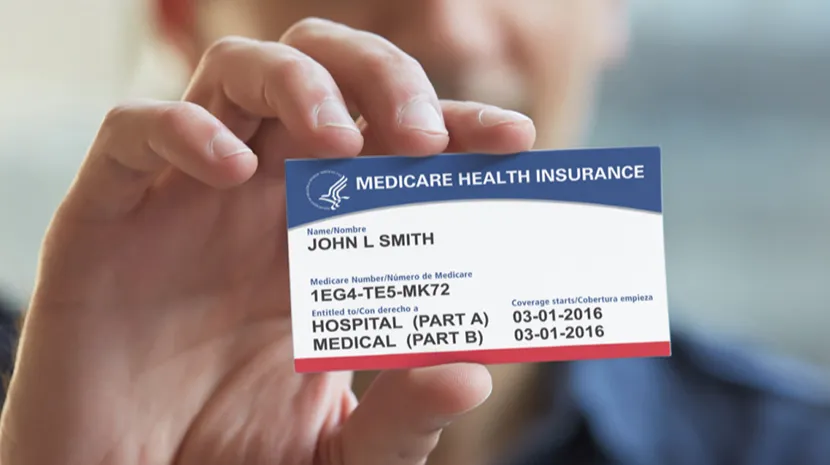Idaho Medicare Resource Center
Idaho Medicare Basics - Medicare Resource Center
Medicare is a healthcare program that provides coverage for individuals who are eligible for it and those who are currently receiving treatment at a medical facility. It is a fee-for service plan that the federal government is managing.
Since 1965, Medicare has been composed of two parts: the Medicare Part A and the Medicare Part B. For over 50 years, the program has been able to provide coverage for individuals with disabilities and seniors.
With the help of Medicare, people can bypass the need for a referral or authorization when they go to the doctor or hospital of their choice. The government will then pay the cost of the service, and the individual will only be responsible for the remaining left-over funds.
The Value of Local Agents in Navigating Medicare Coverage in Idaho
Discover how local insurance agents and brokers play a crucial role in helping individuals make informed decisions about Medicare and health care coverage, ensuring personalized support and advocacy at no additional cost.
Original Medicare in Idaho
The concept of Medicare was first established in the 1960s. It's a health insurance program for seniors that was initially only two parts: Part A and Part B. These two components are known as Original Medicare.
What is Covered by Medicare in Idaho?
Learn everything you need to know about Medicare coverage in your state. Discover benefits, costs, and enrollment details to make informed healthcare choices.
Understanding Medicare in Idaho
Medicare is a national health insurance program in the United States that provides health insurance coverage to people who are 65 years of age or older, as well as to some younger people with disabilities or end-stage renal disease.
New to Idaho Medicare
Getting ready to become a Medicare beneficiary can be daunting, especially if you’re already 65 years old or have a few years left before you retire.






